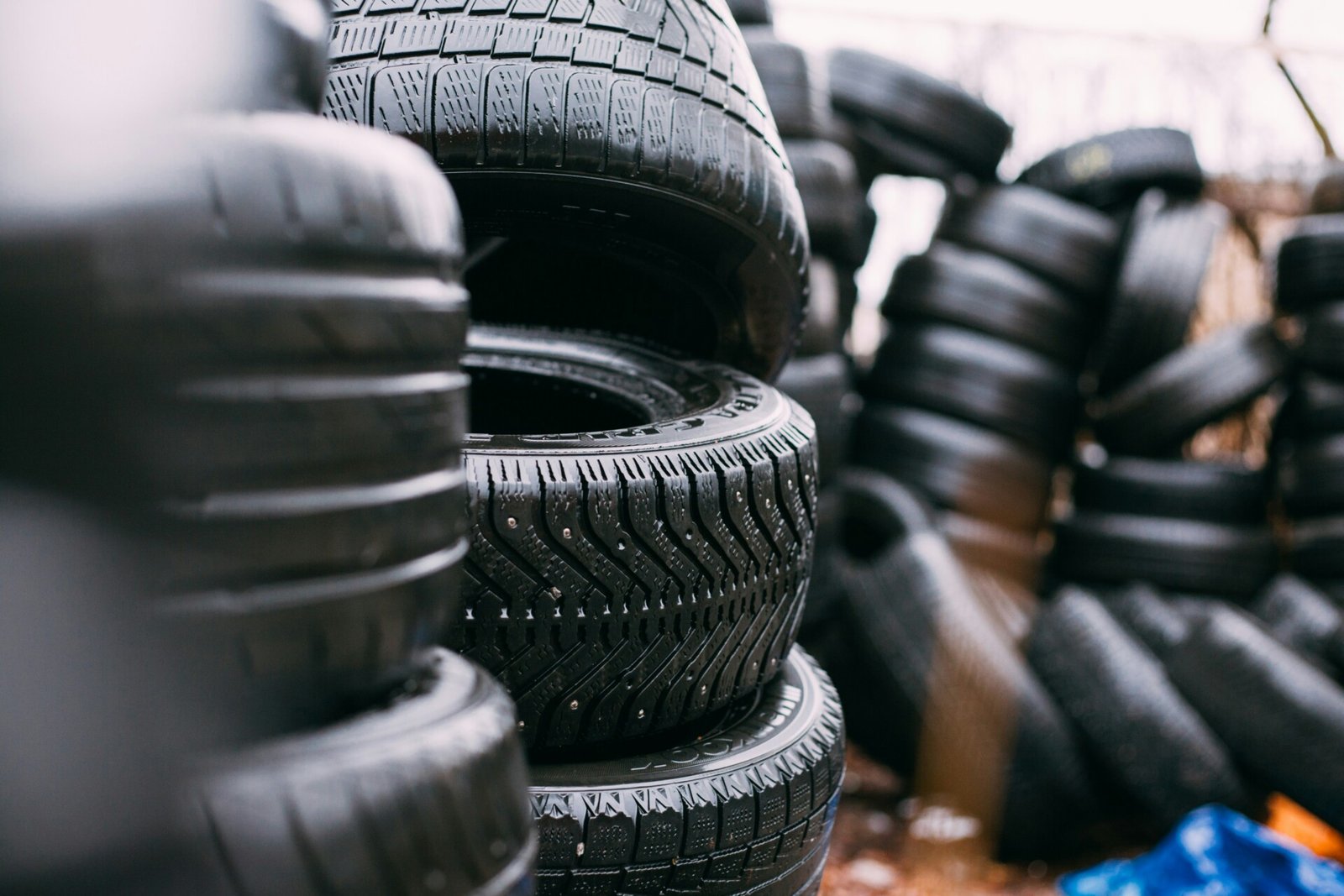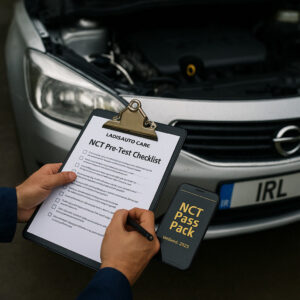Why Tyres Are a Leading Cause of NCT Failures
According to recent data, up to 75,000 NCT failures last year were due to tyre-related issues. This may not seem like a significant number in the grand scheme of things, but it highlights how easily overlooked tyre maintenance can be. Out of the 1.5 million cars tested, nearly half recorded a fail result, with a total of 747,820 failed tests. The main reasons for these failures included steering and suspension, lighting and electrical issues, and the side slip test. However, tyres and wheels consistently rank among the top four causes of failure.
The Importance of Tyre Checks
Experts suggest that the majority of tyre failures could have been avoided with a little bit of preparation. Unlike other major failure items such as steering and suspension, lights and electric components, or the side slip test, tyres are relatively easy for car owners to visually inspect. By simply looking at them and manually checking for cuts, bulges, or uneven wear, potential issues can be identified early on. If you’re not confident in checking your tyres yourself, you can always have your garage or depot examine them for any potential failure factors.
Common Tyre-Related Failures
Based on NCT test data, tyre-related failures fall into three main categories. The first is tyre tread depth below the legal limit of 1.6mm, which often affects one or all four tyres. The second category includes dangerous levels of damage, such as cuts or bulges. Lastly, mismatched tyres on the same axle, such as using a “summer” tyre alongside a “winter” tyre, can also lead to failure.
It’s worth noting that most tyre manufacturers and road safety bodies recommend replacing tyres that are six years or older. Tom Dennigan, head of premium German tyre manufacturer Continental Tyres Ireland, advises motorists to have their tyres regularly tested at a local dealership where trained staff can identify any problems before they become serious. Many reputable tyre outlets offer free tyre checks, providing an opportunity to ensure your tyres are in optimal condition.
Remember, your tyres are the only points of contact between your car and the road. Maintaining maximum grip is crucial for your safety and the safety of others on the road. While tyres older than six years won’t automatically fail the NCT, a pass advisory note will appear on the test report, reminding the owner of the potential danger associated with older tyres. Taking proper care of your car and ensuring it is in the best roadworthy condition is essential for road safety.
It’s important to resist the temptation of neglecting your car’s maintenance and relying on the NCT as a way to identify necessary repairs or replacements. This behavior is not only irresponsible but also poses a significant risk to road safety. By prioritizing regular tyre checks and addressing any issues promptly, you can increase your chances of passing the NCT and help keep yourself, your family, and other road users safe.




